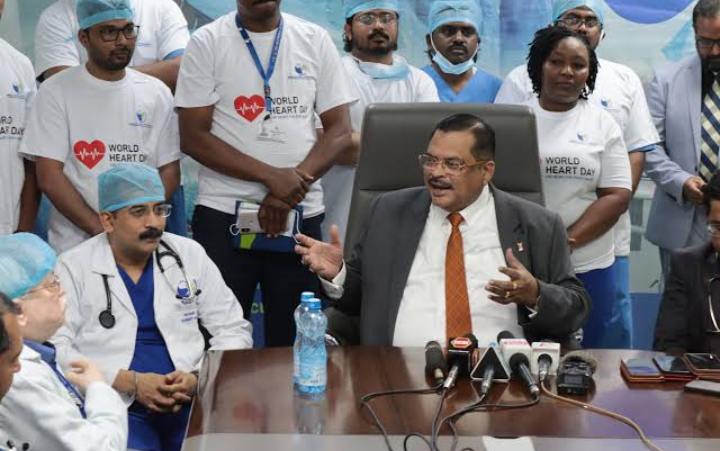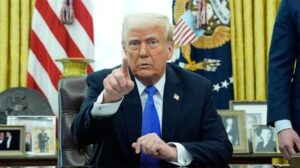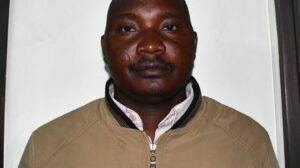Dr. Swarup Mishra, a former Member of Parliament and owner of Mediheal Hospital, is now being linked to serious allegations of organ trafficking.
According to findings from a government-appointed committee, Mediheal dominated Kenya’s transplant sector, performing 476 kidney transplants between 2018 and 2025. That is more than three-quarters of all transplants in the country.
But it is not just the numbers that are shocking it’s how the hospital operated and how much money changed hands in ways that raise questions about legality and ethics.
The prices Mediheal charged were extremely high. While other hospitals averaged less than a million shillings per transplant, Mediheal charged Kenyans Sh2 million, other Africans Sh3.2 million, and non-Africans up to Sh4.4 million.
This meant that the hospital was making far more per patient than its peers. Most of the money came in cash. Out of the 476 transplant patients, 347 paid in cash, making it hard to trace the transactions or prove the legality of payments.
Even worse, at least a quarter of the donors at Mediheal were suspected of receiving cash for their organs a sign of possible trafficking.
What makes this situation more troubling is the international dimension. The investigation found that 25 donors from Azerbaijan had given kidneys to recipients from Israel, and these transplants were handled through Mediheal.
The gender imbalance was also very noticeable most donors were men, and some donors were even listed as “unknown,” with 84 out of 101 of these linked to Mediheal.
These unknown identities raise questions about how consent was obtained, if at all, and whether some people were trafficked or misled.
The hospital itself appeared poorly managed. It had no formal transplant program, no permanent transplant surgeon, and used marketing videos instead of real medical counseling to get consent from patients.
A former employee revealed that the hospital ran aggressive campaigns to target patients from Western Kenya and even arranged travel for international patients, particularly Israelis.
This was not just a hospital saving lives it was a well-oiled business looking for profit.
The regulatory bodies also failed. The Kenya Medical Practitioners and Dentists Council did not properly supervise these activities, and labs in India that processed samples from Kenya were never registered.
Meanwhile, Mediheal continued operating with expired licenses and minimal staff, led by a doctor who ran the entire process himself.
All signs point to a disturbing possibility that Dr. Mishra turned Kenya’s desperate need for organ transplants into a multimillion-shilling business, feeding off the poor and vulnerable. His hospital, rather than being a place of healing, may have become a market for organs, where profit came first and human dignity came last.
What is now needed is not just more investigation, but real accountability and stronger laws to prevent such abuse from happening again.





















Add Comment